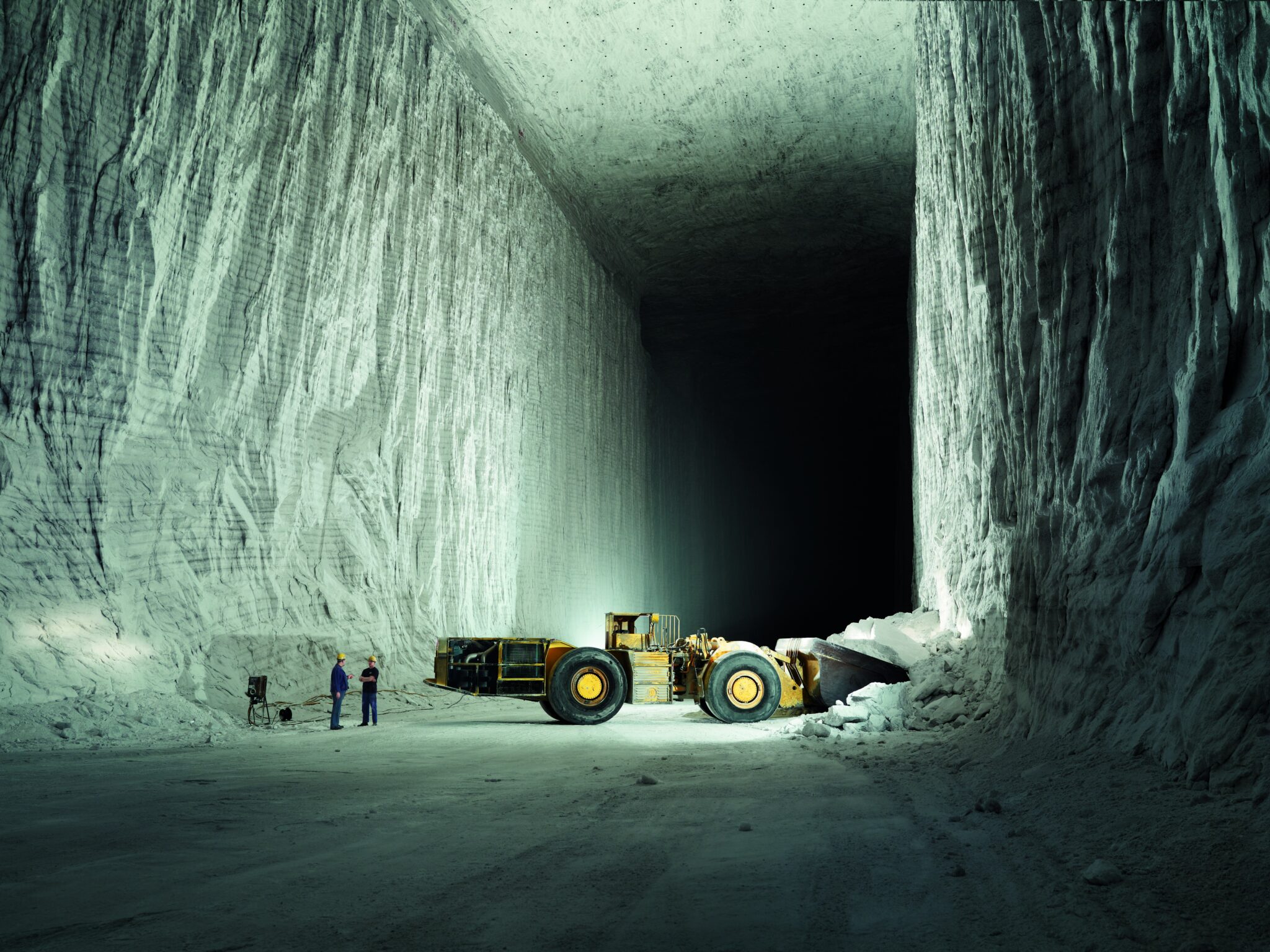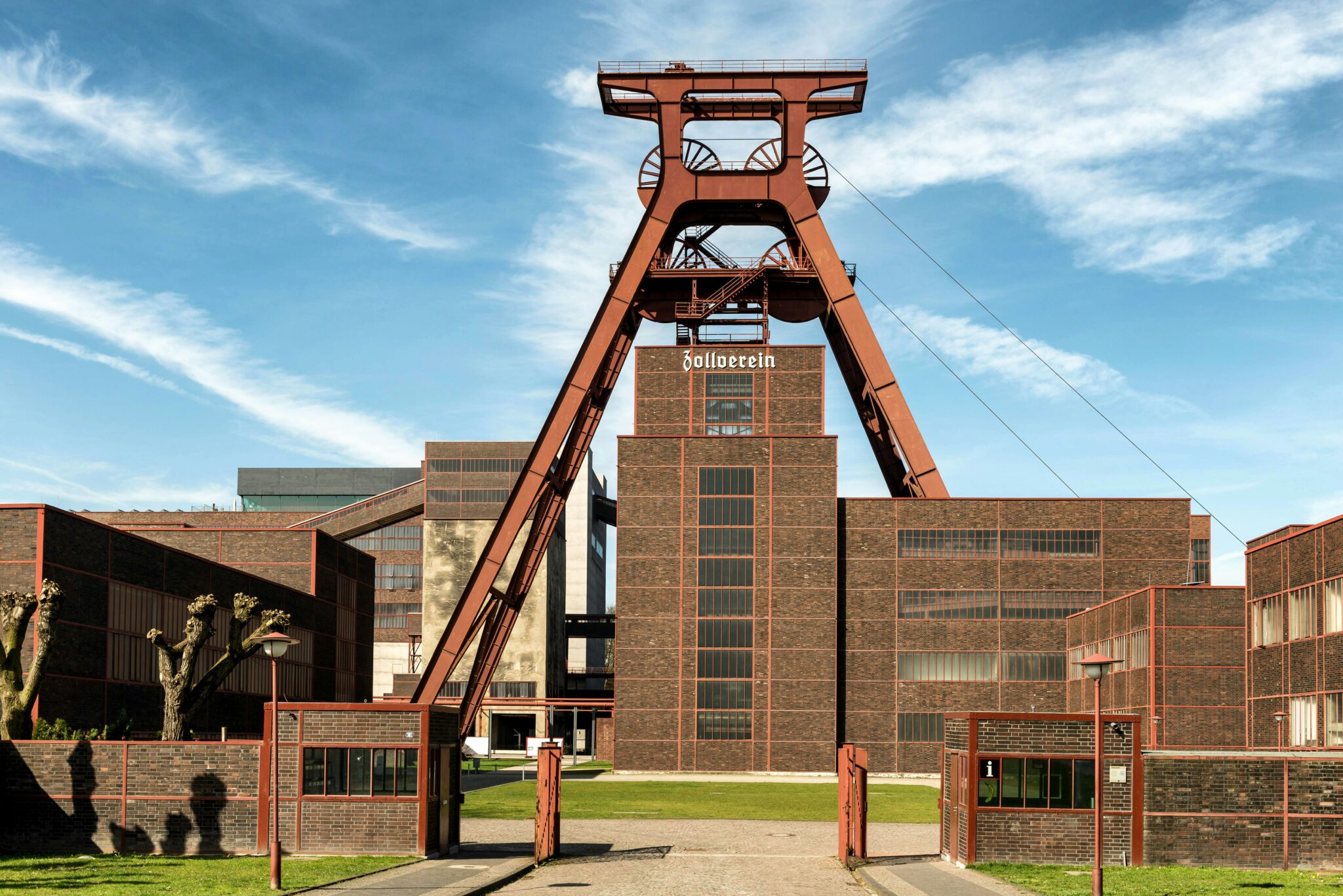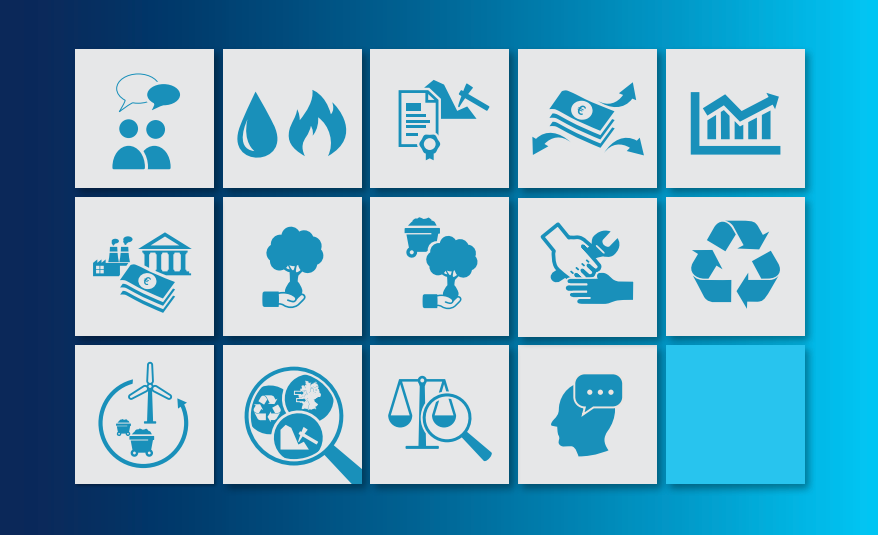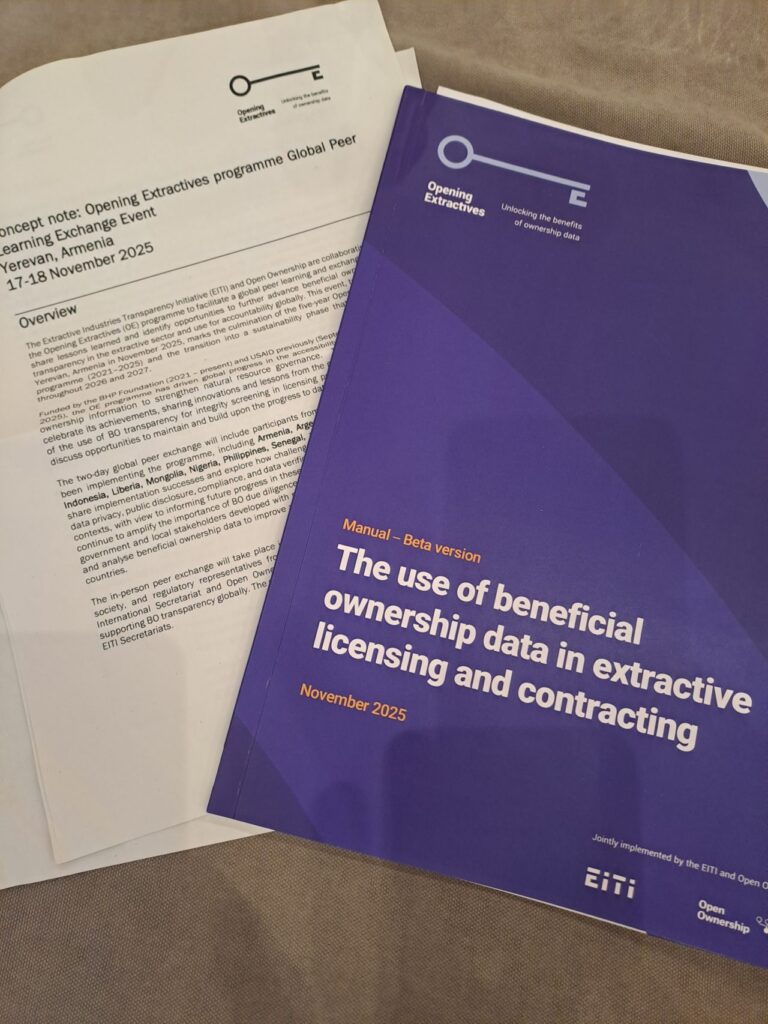We make resource extraction transparent and comprehensible
Resource extraction in Germany is diverse: What are the legal frameworks? Which payment flows do exist? How are human interventions in nature dealt with? This portal provides you with detailed information.
News
New D-EITI Champion, PStS Stefan Rouenhoff
13. January 2026

8th D-EITI reporting 2025 completed
13. January 2026

64th EITI Board Meeting in Yerevan, Armenia
25. November 2025

Opening Extractives Programme – Global Peer Learning Exchange Event in Yerevan, Armenia
18. November 2025

Contribution of the German raw materials industry
- More than0Billion euros to GDP
- About0Million euros government revenue
- Nearly0Thousand employees
- Over0Billion euros to export
Recently updated reporting content
Employment and Social Affairs
Sustainability in raw material extraction
Revenue allocation
Economic importance of the extractive industry
Sustainability in raw material extraction
Sustainability in raw material extraction
Managing human interventions in nature and landscape
Sustainability in raw material extraction








